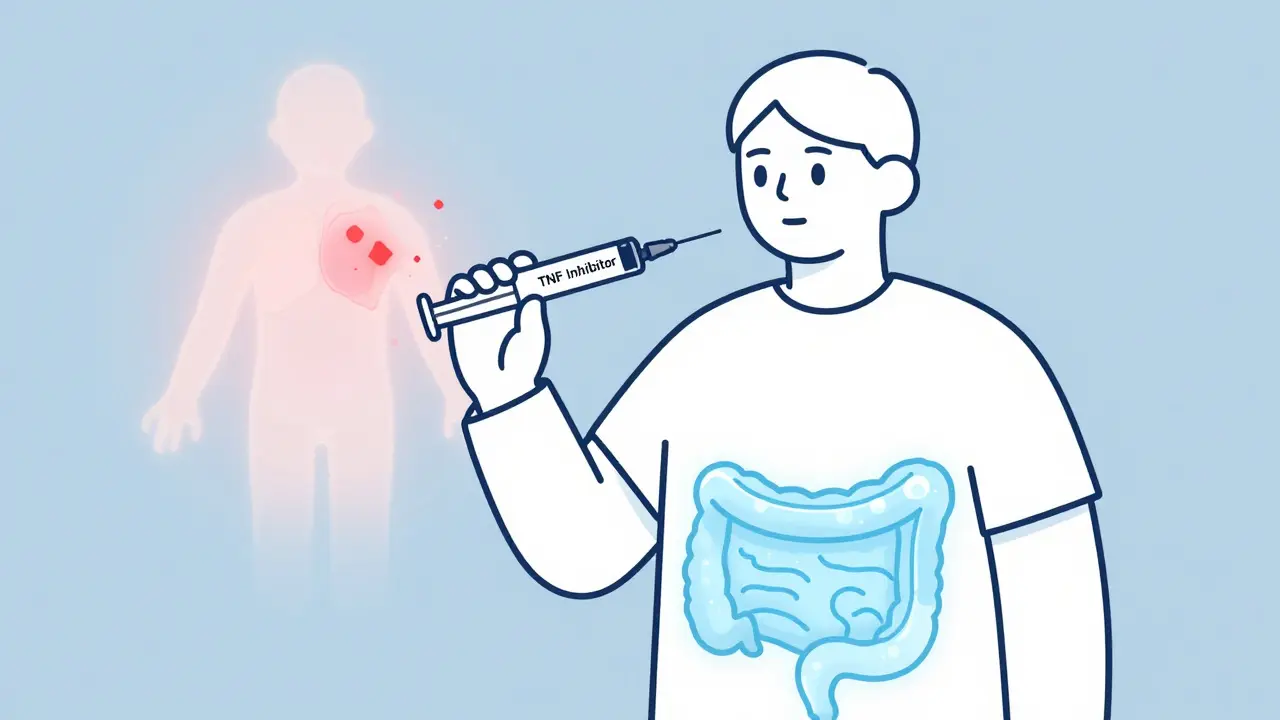Cancer Risk: What You Need to Know
Did you know that a handful of everyday habits can either raise or lower your odds of getting cancer? It’s not just genetics—what you eat, the meds you take, and how you move all play a part. This page pulls together the most useful facts so you can spot red flags and make smarter choices right now.
Common Factors that Raise Cancer Risk
First off, smoking and heavy alcohol use are top offenders. Even a few cigarettes a day or drinking several drinks nightly can damage cells and set the stage for tumors. Second, a diet high in processed meats, sugary drinks, and low in fresh fruits and veg adds extra stress to your body’s DNA.
Don’t overlook medications. Some drugs, especially when used long‑term, have been linked to higher cancer risk. For example, certain antipsychotics like quetiapine (Seroquel) have been studied for possible links to metabolic changes that could influence cancer pathways. Always talk to your pharmacist or doctor about the risk profile of any prescription you’re on.
Environmental exposures matter too. Prolonged contact with asbestos, radon, or high‑intensity UV light increases skin, lung, and other cancers. Simple steps—testing your home for radon, using sunscreen, and wearing protective gear at work—can cut down that exposure.
How Everyday Choices Can Lower Your Risk
Switching to a plant‑forward diet is one of the easiest moves. Aim for at least five servings of colorful fruits and vegetables a day. These foods are packed with antioxidants that help repair DNA damage before it turns harmful.
Stay active. Even a brisk 30‑minute walk most days boosts circulation and helps keep hormones in check, which can lower the risk of breast, colon, and other cancers.
Regular screening saves lives. Talk to your doctor about age‑appropriate tests—like mammograms, colonoscopies, and skin checks—so you catch any issues early when treatment works best.
If you’re on long‑term medication, ask about alternatives with lower cancer‑related side effects. For instance, the asthma inhaler Aristocort is generally safe, but your doctor can guide you on the correct dosage to avoid unnecessary risks.
Finally, manage stress. Chronic stress can weaken the immune system, making it harder for the body to fight off abnormal cells. Simple practices like deep breathing, short meditation sessions, or a hobby you love can keep stress in check.
Bottom line: cancer risk isn’t fixed. By watching what you put in your body, staying active, and keeping up with medical advice, you can tip the scales in your favor. Use this page as a quick reference whenever you’re planning meals, picking a new medication, or scheduling a check‑up. Small, consistent steps add up to big protection over time.

TNF Inhibitors and Cancer Risk: What You Need to Know About Biologics and Immunosuppression
TNF inhibitors help control autoimmune diseases but raise cancer risk concerns. Real-world data shows no overall increase in cancer risk, though skin cancer risk may rise slightly. Etanercept appears safer than adalimumab. Screening and smart choices make these drugs safe for most.
Read More
Obesity and Cancer Risk: What You Need to Know
Explore how obesity raises cancer risk, the biological pathways involved, the cancers most affected, and practical steps to lower your odds.
Read More